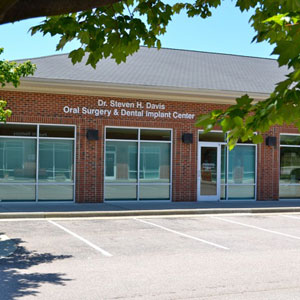On rare occasions patients may experience mild to severe reaction to anesthetics used during oral surgery. Before any type of surgery, always make sure to notify your doctor if you have any allergies so you can avoid any problems. To learn more about potential allergic reaction risks, read on.
Anesthetic Classes
 The anesthesia used in oral surgeries can be divided into two different categories: esters or amines. While you may be allergic to one of these drug classes, that does not mean you are necessarily allergic to both.
The anesthesia used in oral surgeries can be divided into two different categories: esters or amines. While you may be allergic to one of these drug classes, that does not mean you are necessarily allergic to both.
Drugs in ester anesthetics include cocaine, Novocain, and benzocaine. Because of the high amount of individuals allergic to Novocain, it is no longer used in dentistry. If you experience allergic reactions to one ester drug, you will most likely experience the same effects to the other drugs in this category.
Amine anesthetics are more commonly used during oral surgery and dentistry today. They are great alternatives to ester drugs because they do not contain preservatives which makes the chances of having an allergic reaction very slim.
Symptoms of Allergic Reactions
The mildest symptoms of an allergic reaction to anesthesia can be as minor as itching. However, as you progress to the more severe side of the allergic reaction spectrum, patients could develop anaphylaxis. Fortunately, anaphylaxis is rare and most reactions are very mild. On the other hand, experts recommend visiting a professional allergist before any kind of surgery to determine if you have any anesthetic allergies.
Fortunately, amine anesthetics provide far fewer allergic reactions when compared to the ester class of drugs. As with any surgery, make sure to discuss your concerns and explore alternative options with your doctor or health care provider.
If you live in Raleigh, NC contact Davis Oral Surgery and Dental Implant Center for all of your oral care, from wisdom teeth extractions, to dental implants.
